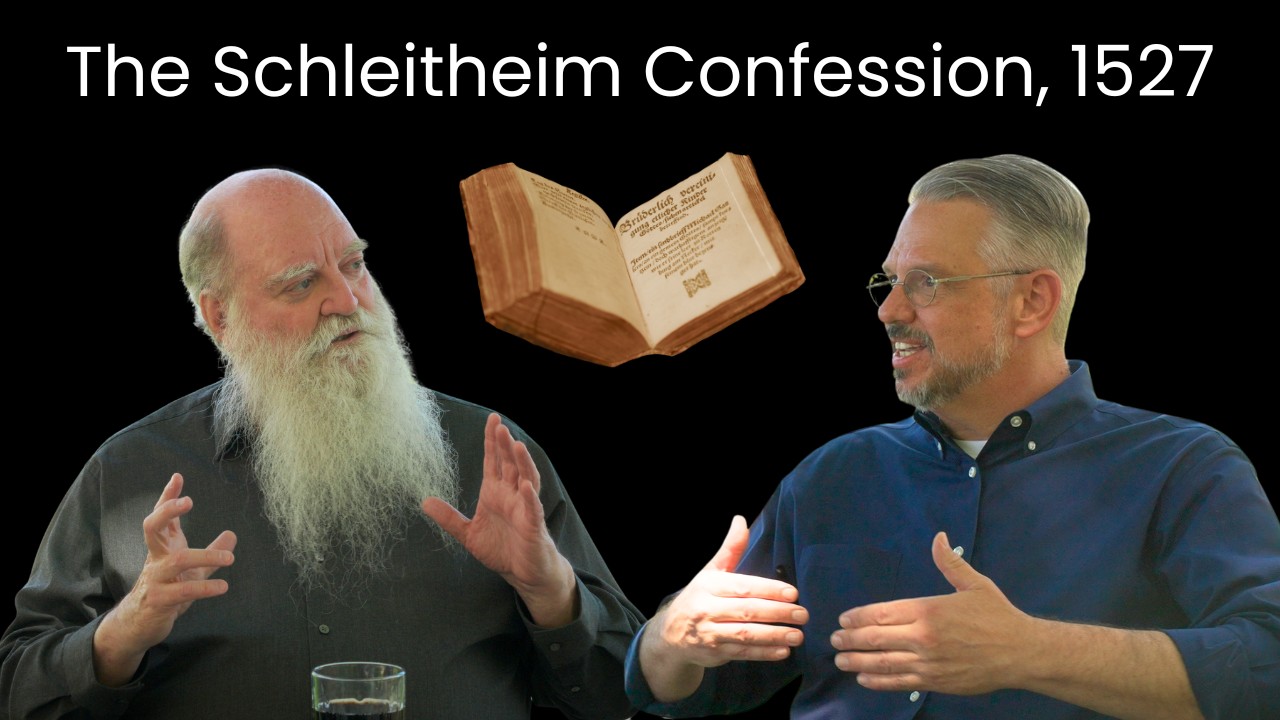Managers in God’s Household
Fourteen-year-old Bob has the rather grandiose title, “Steward of the Woodpile”. While Dad is gone, Bob is in charge of the woodpile. Bob is thrilled. He promptly messages his friends and says, “Hey nobody’s home tonight, come over and we will have the biggest bonfire you ever saw.” The next morning the firewood has been consumed. The temperature is well below freezing. Bob’s mom and siblings are miserable, and Mom is left with some dangerous makeshift heating methods till Dad returns a week later.
A few miles away, sixteen-year-old Bill has a similar responsibility. Reckless consumption of firewood is not his style. Rather, he only lets Mom put one piece on the fire every three hours. The house stays quite cold, especially for the toddler, but the wood pile is staying full. When the neighbors ask to borrow or buy wood since their gas furnace is out of commission, Bill lends them wood only on the condition that they will return twice the amount within a month. As a result, when Bill’s dad returns, the wood pile is a little larger than it was when he left.
Which boy was a good steward? The correct answer is neither. Everyone can agree that Bob’s behavior epitomizes bad stewardship. But unfortunately, we sometimes think that good stewardship means acting like Bill. In the words of one of my friends, many see stewardship as “merely saving and frugality.” A deficient notion of stewardship is sometimes used to defend miserliness, the pursuit of personal wealth, and questionable practices of the financially shrewd. These misunderstandings exist because we have often missed the point that stewards are responsible to act for the benefit of others.
Household Managers: Stewards are responsible for other people.
Steward is an older word sometimes used to translate the New Testament Greek term oikonomos. In addition to the cumbersome literal rendering of “household manager,” the term may appear in our Bible’s as “servant manager”, or simply as “manager.” While we might think of a household as consisting of mom, dad, and some children, households of the sort that had an oikonomos were much larger social units. They were likely to include multiple generations of family as well as slaves. The role of the household manager involved power and influence over a substantial number of people. It carried almost a governmental dimension.1
Stewardship has three parts.
- 1. God has entrusted me with certain things. I am a steward of these things, which might be money, possessions, personal traits, spiritual gifts, or positions of power or influence.
- 2. I am responsible to God for those things he has put in my control.
- 3. I am responsible for certain other people. God intends them to benefit from what I am entrusted with.
Popular teaching on stewardship trumpets the first two statements, especially when it comes to money. But too many times the third statement is neglected. Without the third dimension stewardship teaching can easily be warped. We must remember that a steward exercises a managerial role with respect to both possessions and other people.
Notice how the following parable emphasizes all three dimensions of stewardship.
And the Lord said, “Who then is the faithful and wise manager, whom his master will set over his household, to give them their portion of food at the proper time? Blessed is that servant whom his master will find so doing when he comes. Truly, I say to you, he will set him over all his possessions. But if that servant says to himself, ‘My master is delayed in coming,’ and begins to beat the male and female servants, and to eat and drink and get drunk, the master of that servant will come on a day when he does not expect him and at an hour he does not know, and will cut him in pieces and put him with the unfaithful. (Luke 12:42–46 ESV)
The household manager here is entrusted with control of the food supplies. He is responsible to his master for how he manages those food supplies. He was responsible for his fellow servants, and his master intended them to benefit from those food supplies. The manager who acts like Bob and consumes for his own reckless pleasure can expect a fearsome punishment. The one who does his job well can expect commendation and promotion. Doing the job well does not mean acting like Bill and clinging to the stash; rather, it means using the stash for its intended purpose and intended beneficiaries.
You are a manager in God’s household. God has given you resources and abilities to manage for the benefit of other people. This gives you both responsibility and dignity, responsibility to God for others and the dignity of playing an important role in God’s provision for humanity.
New Testament Applications
Besides the parable above, the figure of the household manager appears in Luke 16 with the parable of the unjust manager. These parables emphasize stewardship of physical wealth for the benefit of others and faithfulness in positions of leadership or social power.
Paul calls apostolic workers stewards of the gospel (I Cor. 4:1-2). God entrusted them with the disclosure of the gospel, and they were responsible to God to make this available for others. Stewardship drove evangelism, teaching, and church planting. As churches formed, God raised up elders, or overseers from within them. Paul calls these elders or overseers2 stewards. “For an overseer, as God’s steward, must be above reproach.” (Titus 1:7a) The emphasis here is not on stewardship of possessions, but stewardship as a position of responsibility. The church is often pictured as an ancient household. God is the master or lord of the house. Human leaders can then be no more than household managers who are responsible to benefit their fellow servants by their use of their church position.
Fortunately, the exercise of stewardship is not limited to those with specific church positions any more than it is limited to those with great wealth. Peter speaks of all believers acting as stewards of the gifts God has given them.
As each has received a gift, use it to serve one another, as good stewards of God’s varied grace: whoever speaks, as one who speaks oracles of God; whoever serves as one who serves by the strength that God supplies—in order that in everything God may be glorified through Jesus Christ. To him belong glory and dominion forever and ever. Amen. (I Peter 4:10-11 ESV)
You are a manager in God’s household
So, you are definitely a steward since you can minister to other people through words or deeds. The church is a body with different parts, and we must make our unique contributions for the common good. (1 Cor. 12). We should see ourselves as administering our gifts and abilities as well as our possessions and positions of influence.
What does this look like in practice? Answers will vary. Most of you have some money to give. You have some knowledge to share with others. Perhaps you can write an article or put extra thought into leading a Bible study or presenting a topic. Maybe you can introduce children in your community to the outdoors, or teach them to sing. Whether you serve on a school board or teach a child how to drive a nail, preparing the next generation is one of the big jobs for stewards.
Another big piece of stewardship is your daily work and daily roles. Parents and leaders of any sort are obvious examples. Are you helping your children, employees, or church members flourish by the way you do your job? Work that seems mundane is also stewardship. Building houses, changing diapers, pumping septic tanks, and processing financial transactions are indeed ways of doing good in the world.
Perhaps the biggest thing is how you approach life. You may or may not be able to sit down and figure out exactly what God has entrusted you with. However, if you cultivate unselfishness and service, if you do your work well, both physically and intellectually, and if you proactively pursue the good of your communities, then you will be a good steward. The Master will commend you, and that sure beats getting cut in pieces!
1Indeed, a city treasurer could be called the oikonomos of the city (Romans 16:23). Return to context⬏
2Traditionally rendered bishop. The term bishop has picked up many connotations that should not be read back into the New Testament. Return to context⬏
Tags:












Business as Stewardship – Anabaptist Perspectives
6 years ago
[…] my January post on this blog, I examined the New Testament concept of being a steward (household manager, servant-manager) in […]